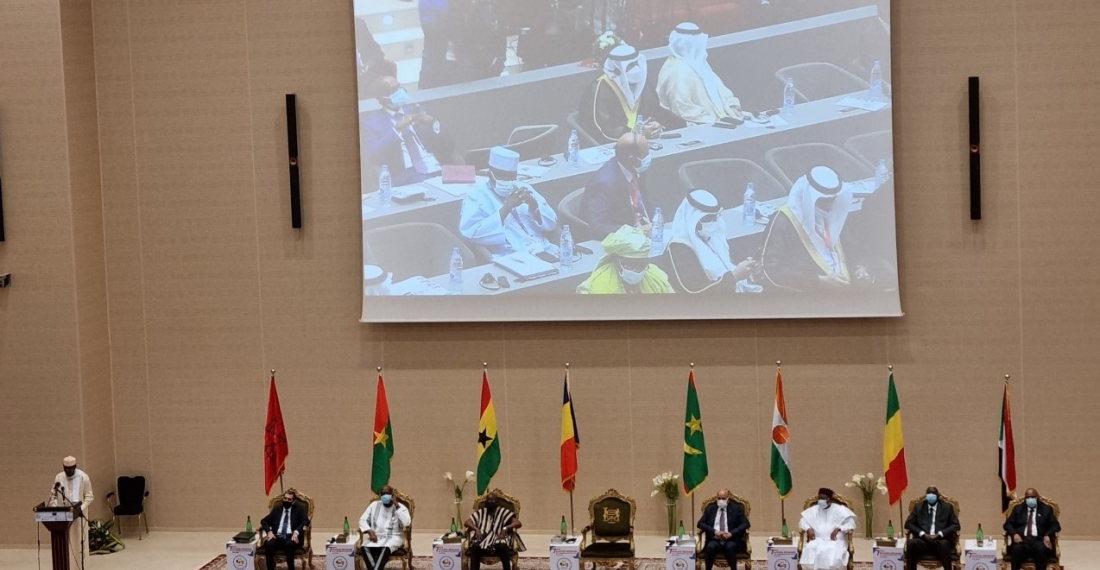Despite the deployment of the G5 force with the backing of France, the Sahel region continues to suffer from regular jihadist attacks. Although France and its allies participated in the G5 summit last week, they appeared to be pursuing diverging courses of action for combating threats from insurgents.
The general approach of the G5 and France has been to offer innovative options, but there seems to be no comprehensive strategy, writes Lisa Bryant from Paris for the Voice of America.
Mali and Burkina Faso are considering opening dialogue with some jihadi groups, a move which France has categorically ruled out.
On the other hand, Paris is attempting to gather European support and to share its responsibility with its EU partners. The heavyweight members of the EU are yet to commit more.
France initially had plans to withdraw troops from the Sahel, a move that was supported by a slim majority back home but came as a shock to Sahelian leaders. However, President Emmanuel Macron announced at the G5 summit that France had backed away from military withdrawal in order to "decapitate" al-Qaida-linked insurgents.
"I think they're going to have to wait and see what happens in the next six months," said Andrew Lebovich, Africa analyst for the European Council on Foreign Relations policy centre, assessing France's near-term strategy. "If the security situation doesn't get any better, it's going to be hard to draw down forces. But if there do seem to be improvements, it's likely they'll at least pull some forces out."
Macron now expects greater input from G5 members, besides more European presence under the framework of the Takuba task force. While France is keen on internationalising the Sahel problem, the EU is still revising its broader Sahel strategy.
The increasing signs of poor coordination are also expressed by Washington. Secretary of State Antony Blinken said Washington was committed to being a "strong partner," but he offered no details.
Locally, counterinsurgency operations have sparked protests amid claims that the military actions do not address social and economic issues.
Paris appears to be responding to such concerns. French officials have been talking with civil society groups in the region. Macron also emphasised development projects and good governance but only "once military victory is obtained."
Civil society organisations have been calling for attention to shift from the military focus to addressing shortcomings in governance. Just last year, South Africa's Institute for Security Studies wrote that "high-level meetings will not solve the insecurity in the Sahel." The International Crisis Group has also called for greater focus on improving governance and supporting local peacemaking efforts, including with some jihadist groups.
The governments of Mali and Burkina Faso appear to be heading in that direction. Bamako this week announced a new platform to begin talks with Islamist militants. Prime Minister Moctar Ouan is calling dialogue "an additional means" of ending the years-long turmoil. Earlier this month, the Burkinabe government too said it was open to talks with militants. A local effort has been underway in the northern town of Djibo.
Source: commonspace.eu with VOA (Washington D.C) and other sources.
Picture: 7th G5 Sahel Summit







